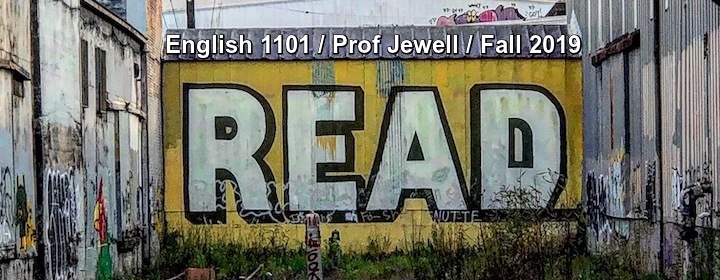A room full of people waiting in silence, for the blue screen from a Dell 20’ monitor to change. I looked at two short #2 pencils placed on both sides of the desk. Sitting on an office chair with cushions, I was doubting my ability to pass the test.
I stretched my back against the back of my chair, then rolled my neck back and forth. I massaged my eye sockets, pressed down onto the bridge of my nose, pushed on my temples, then rubbed the back of my neck and finally my earlobes.
None of this, an attempt to relax my body, did anything but make me more anxious. I have two dictionaries with me, a thesaurus that cost two dollars from the dollar store, and an old Oxford pocket dictionary that my wife gave to me. The inspector tells me that I can only bring one into the exam.
Since English is my second language, taking a test without the resources I needed was a disadvantage. Frustrated, I chose the normal dictionary over the thesaurus due to the fact that I needed to understand the words rather than choosing. The test started with a timer whose big red numbers alerted students of their remaining time. I felt that time was slipping by, 60 out of 90 minutes had already passed. I wrote the paragraph summaries, developed my ideas for a response, provided a personal experience, and drafted a conclusion. Five minutes before time would be called. I rushed to the conclusion and finished it.
Writing was always a challenge for me; it was something I grappled with for a long time. I am not a writer and yet, there is a persistent spark deep within that burns – a desire to write. Where did it find its fuel? Was it because my father wrote a short story entitled “Road” for my writing competition in school? A short story, that won the highest award but was never truly my own. Or was it because I really did not learn how to write?
When I tried to write, in English the words escape me, in my native tongue, Korean, I avoided writing. I didn’t want to practice or I don’t know how to practice. Practice was the key to success but I found it difficult to develop a coherent story. I did not focus. I would write about apples and then jump to alligators – the connection was lost.
On the other hand, for me reading was much easier than writing. I remember growing up reading many Korean books; I especially enjoyed short stories. My mom joined a book renting program that delivered different books every month. I loved reading those books, sometimes I wanted to read more than once a month.
The other moment when I truly enjoyed books was in the military. Since serving in the armed forces is mandatory for men in Korea, I served for about two years. It was so hard feeling isolated but books kept me going. I read a small Buddhist bible during my night rounds for two and a half hours, reading that book gave me peace. In contrast to the strict rules of the army, this book was a sanctuary. As I rose in ranks, I had more free time and less work.
The military department sent a set of bestseller books to each company monthly. During that year, I read the most books in my entire life. I enjoyed fiction since I was able to create the worlds in my mind – they were my own personal movies. I enjoyed reading so much that it made me forget I was in the military and I would dream about parts of the books. They gave me joy, peace, knowledge, and rest.
Going back to college was a turning point that placed me back on track to learn. English Composition 1 is officially my first class where I am learning how to write. This course has given me examples of great reading pieces in English, my second language. English is becoming as dear to me as Korean as I read and learn how to write effectively. The invisible switch has clicked somewhere in my brain, I feel confident that I will write.



